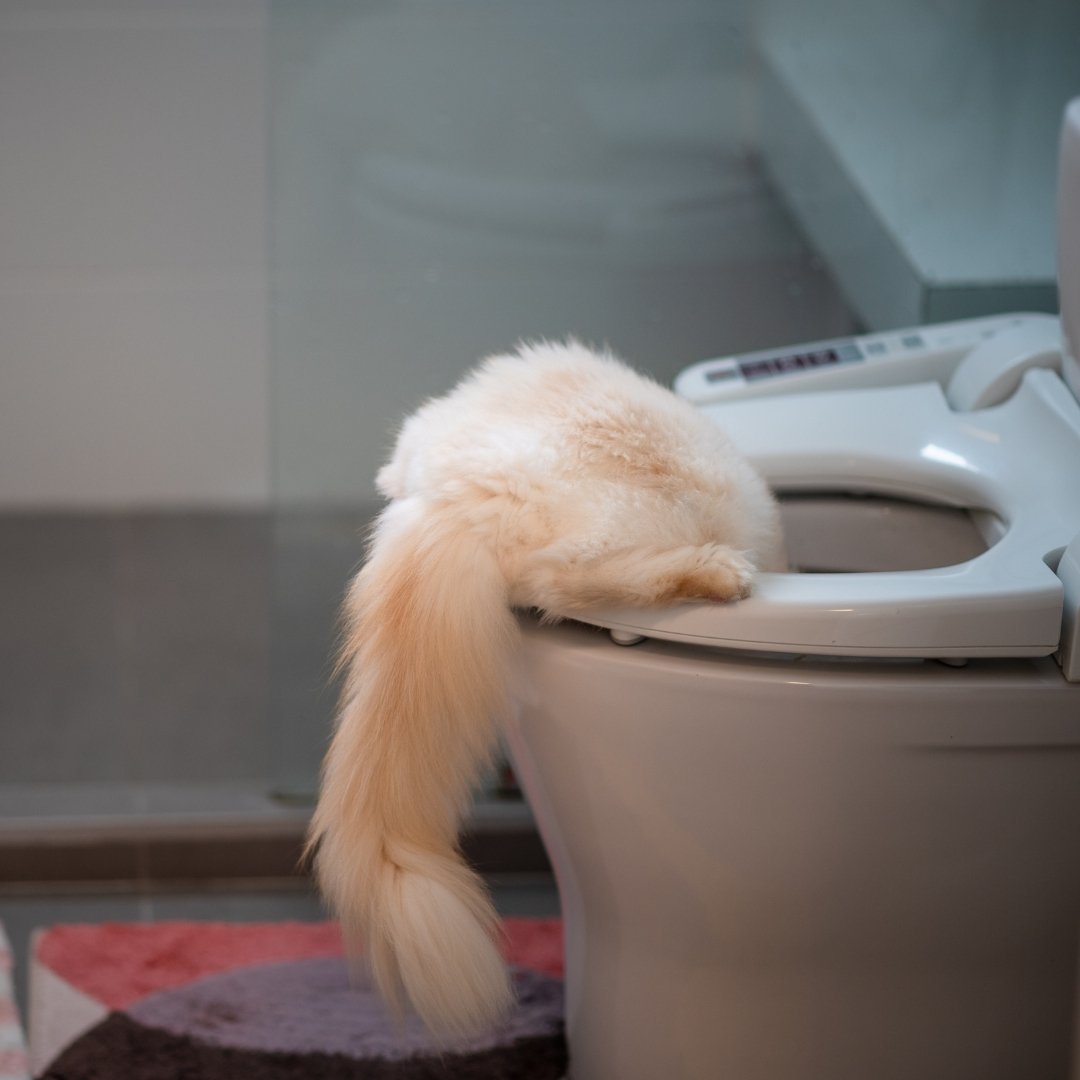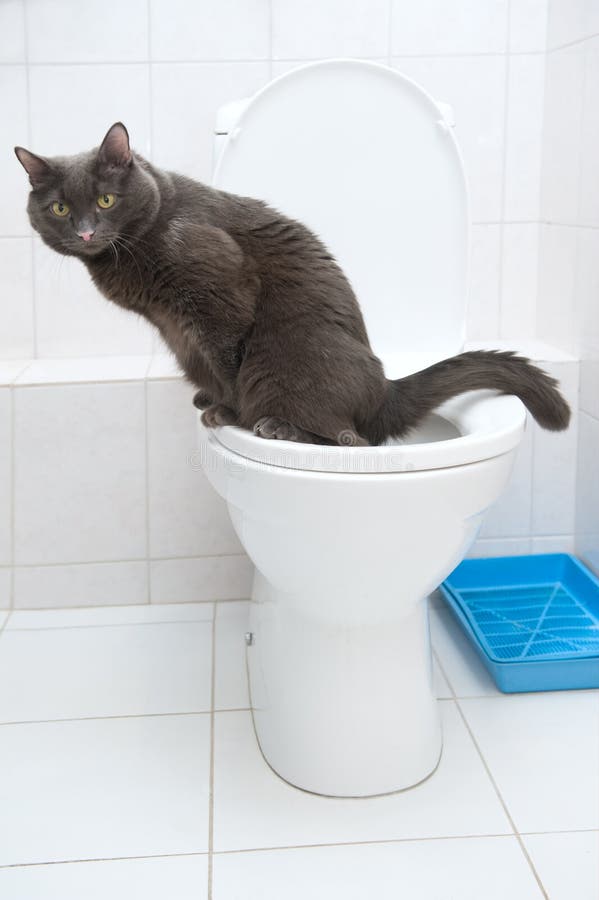Dangers of Flushing Cat Poop Down Your Toilet - Avoid Potential Problems
Dangers of Flushing Cat Poop Down Your Toilet - Avoid Potential Problems
Blog Article
We've noticed this article about Can You Flush Cat Poo or Litter Down the Toilet? below on the net and felt it made good sense to write about it with you on this site.

Intro
As cat owners, it's essential to be mindful of just how we deal with our feline friends' waste. While it may seem hassle-free to flush feline poop down the commode, this technique can have harmful effects for both the atmosphere and human wellness.
Alternatives to Flushing
Luckily, there are more secure and extra accountable means to throw away feline poop. Think about the following options:
1. Scoop and Dispose in Trash
One of the most typical technique of dealing with cat poop is to scoop it right into an eco-friendly bag and toss it in the garbage. Make sure to utilize a dedicated clutter inside story and throw away the waste promptly.
2. Use Biodegradable Litter
Opt for naturally degradable cat clutter made from materials such as corn or wheat. These clutters are environmentally friendly and can be safely dealt with in the garbage.
3. Bury in the Yard
If you have a lawn, consider hiding pet cat waste in a designated area far from veggie gardens and water sources. Make sure to dig deep adequate to prevent contamination of groundwater.
4. Mount a Pet Waste Disposal System
Invest in a family pet garbage disposal system particularly made for pet cat waste. These systems make use of enzymes to break down the waste, minimizing smell and ecological impact.
Health and wellness Risks
Along with environmental issues, purging cat waste can additionally pose health risks to human beings. Pet cat feces may have Toxoplasma gondii, a parasite that can cause toxoplasmosis-- a possibly extreme ailment, specifically for expectant women and individuals with damaged body immune systems.
Environmental Impact
Flushing cat poop introduces harmful microorganisms and parasites into the water, presenting a considerable danger to marine ecosystems. These impurities can negatively impact aquatic life and concession water top quality.
Verdict
Liable pet dog possession expands past providing food and shelter-- it likewise involves correct waste monitoring. By avoiding purging feline poop down the bathroom and opting for different disposal techniques, we can minimize our environmental footprint and shield human wellness.
Why Can’t I Flush Cat Poop?
It Spreads a Parasite
Cats are frequently infected with a parasite called toxoplasma gondii. The parasite causes an infection called toxoplasmosis. It is usually harmless to cats. The parasite only uses cat poop as a host for its eggs. Otherwise, the cat’s immune system usually keeps the infection at low enough levels to maintain its own health. But it does not stop the develop of eggs. These eggs are tiny and surprisingly tough. They may survive for a year before they begin to grow. But that’s the problem.
Our wastewater system is not designed to deal with toxoplasmosis eggs. Instead, most eggs will flush from your toilet into sewers and wastewater management plants. After the sewage is treated for many other harmful things in it, it is typically released into local rivers, lakes, or oceans. Here, the toxoplasmosis eggs can find new hosts, including starfish, crabs, otters, and many other wildlife. For many, this is a significant risk to their health. Toxoplasmosis can also end up infecting water sources that are important for agriculture, which means our deer, pigs, and sheep can get infected too.
Is There Risk to Humans?
There can be a risk to human life from flushing cat poop down the toilet. If you do so, the parasites from your cat’s poop can end up in shellfish, game animals, or livestock. If this meat is then served raw or undercooked, the people who eat it can get sick.
In fact, according to the CDC, 40 million people in the United States are infected with toxoplasma gondii. They get it from exposure to infected seafood, or from some kind of cat poop contamination, like drinking from a stream that is contaminated or touching anything that has come into contact with cat poop. That includes just cleaning a cat litter box.
Most people who get infected with these parasites will not develop any symptoms. However, for pregnant women or for those with compromised immune systems, the parasite can cause severe health problems.
How to Handle Cat Poop
The best way to handle cat poop is actually to clean the box more often. The eggs that the parasite sheds will not become active until one to five days after the cat poops. That means that if you clean daily, you’re much less likely to come into direct contact with infectious eggs.
That said, always dispose of cat poop in the garbage and not down the toilet. Wash your hands before and after you clean the litter box, and bring the bag of poop right outside to your garbage bins.
https://trenchlesssolutionsusa.com/why-cant-i-flush-cat-poop/

As a fervent reader about How to Dispose of Cat Poop and Litter Without Plastic Bags, I assumed sharing that excerpt was worthwhile. Are you aware of somebody else who is in to How to Dispose of Cat Poop and Litter Without Plastic Bags? Feel free to share it. Thank you so much for your time spent reading it.
Call Today Report this page